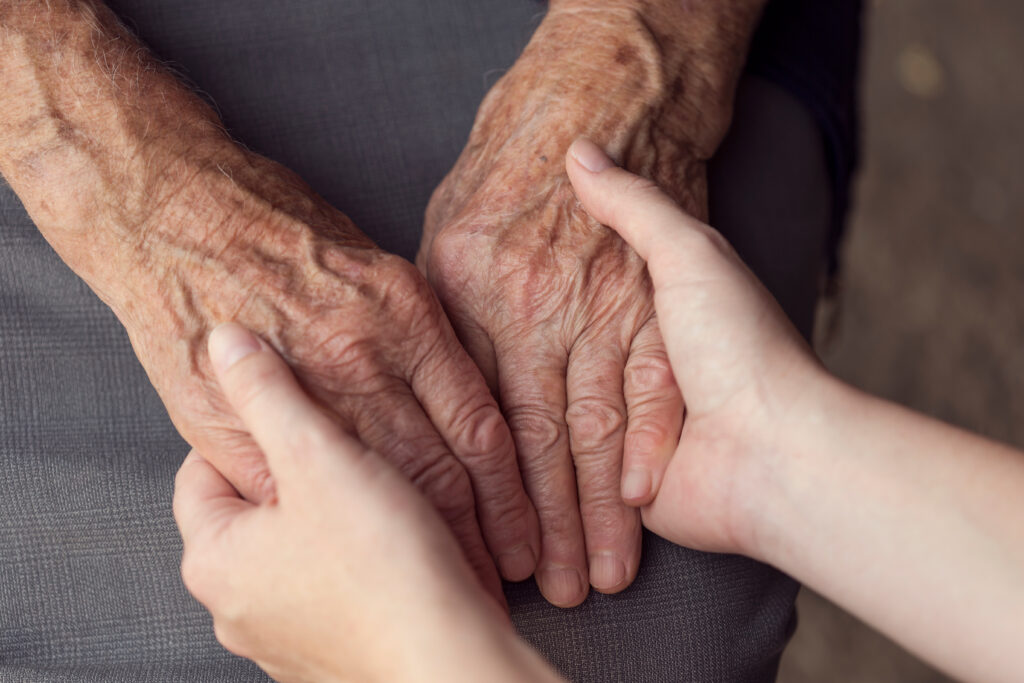Dementia and Alzheimer disease page
A diagnosis of Alzheimer’s disease doesn’t just affect those with the disease; it affects everyone who loves and cares about them
Alzheimer’s takes a devastating toll on caregivers
Early stage
In the early stage of Alzheimer’s, a person may function independently. He or she may still drive, work and be part of social activities. Despite this, the person may feel as if he or she is having memory lapses, such as forgetting words or the location of everyday objects. patients in the minimum stage of Alzheimer’s or dementia are ambulatory but may need the help of one person, due to an unsteady gait. Patients need occasional cueing and prompting, but are continent and fully able to function in the bathroom by themselves
- Problems coming up with the right word or name
- Trouble remembering names when introduced to new people
- Challenges performing tasks in social or work settings.
- Forgetting material that one has just read
- Losing or misplacing a valuable object
- Increasing trouble with planning or organizing


Middle stage
is typically the longest stage and can last for many years. As the disease progresses, the person with Alzheimer’s will require a greater level of care. You may notice the person with Alzheimer’s confusing words, getting frustrated or angry, or acting in unexpected ways, such as refusing to bathe. Damage to nerve cells in the brain can make it difficult to express thoughts and perform routine tasks. Patients may have an unsteady gait, are exit seekers and need complete assistance going to the bathroom. They require help every day with eating, getting dressed, and using the toilet.
- Forgetfulness of events or about one’s own personal history
- Feeling moody or withdrawn, especially in socially or mentally challenging situations
- Confusion about where they are or what day it is
- The need for help choosing proper clothing for the season or the occasion
- Trouble controlling bladder and bowels in some individuals
- Changes in sleep patterns, such as sleeping during the day and becoming restless at night
- An increased risk of wandering and becoming lost
- Personality and behavioral changes, including suspiciousness and delusions or compulsive, repetitive behavior like hand-wringing or tissue shredding
Late stage
In the final stage of this disease, individuals lose the ability to respond to their environment, to carry on a conversation and, eventually, to control movement. They may still say words or phrases, but communicating pain becomes difficult. As memory and cognitive skills continue to worsen, significant personality changes may take place and individuals need extensive help with daily activities.
At this stage, individuals may:
- Need round-the-clock assistance with daily activities and personal care
- Lose awareness of recent experiences as well as of their surroundings
- Experience changes in physical abilities, including the ability to walk, sit and, eventually, swallow
- Have increasing difficulty communicating
- Become vulnerable to infections, especially pneumonia

